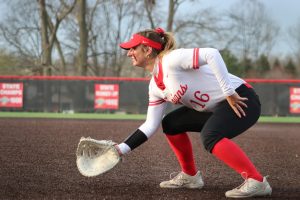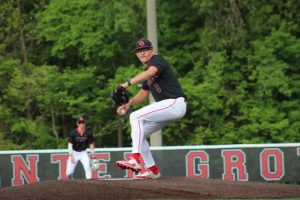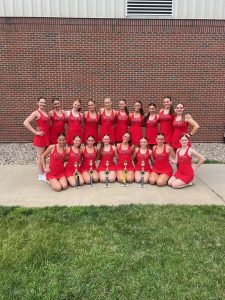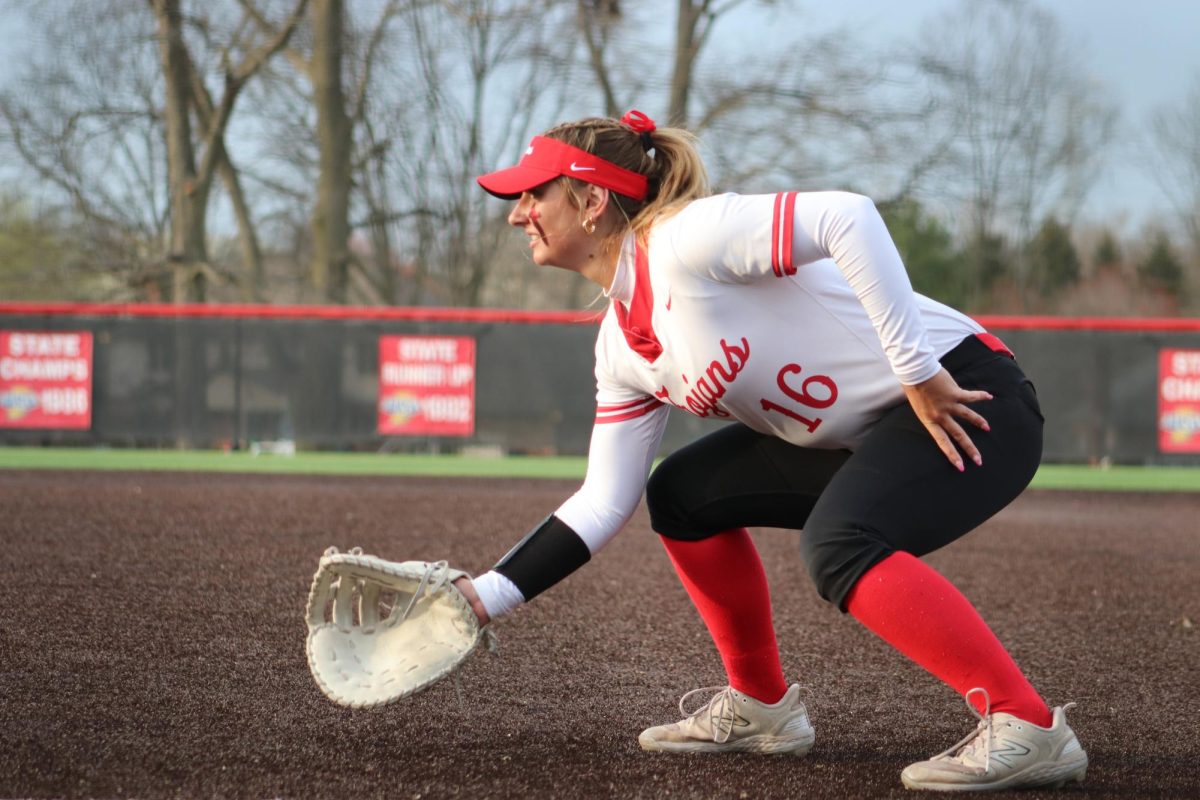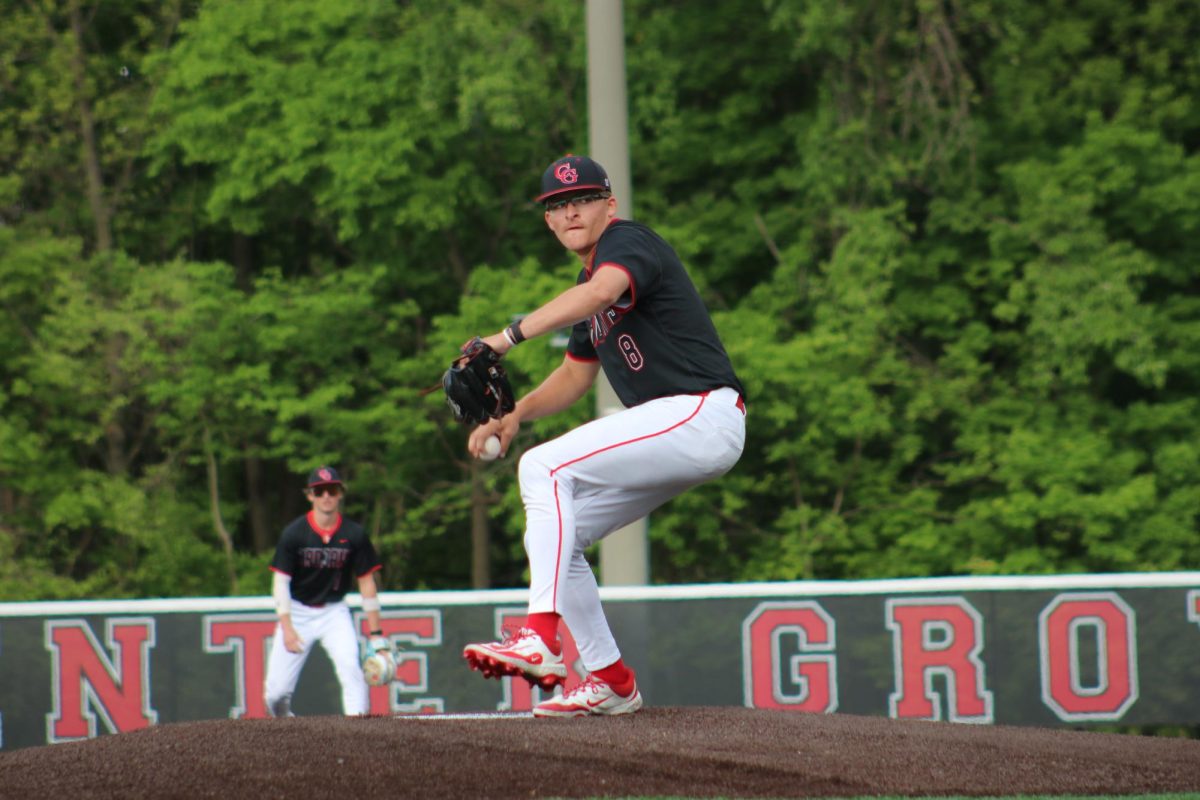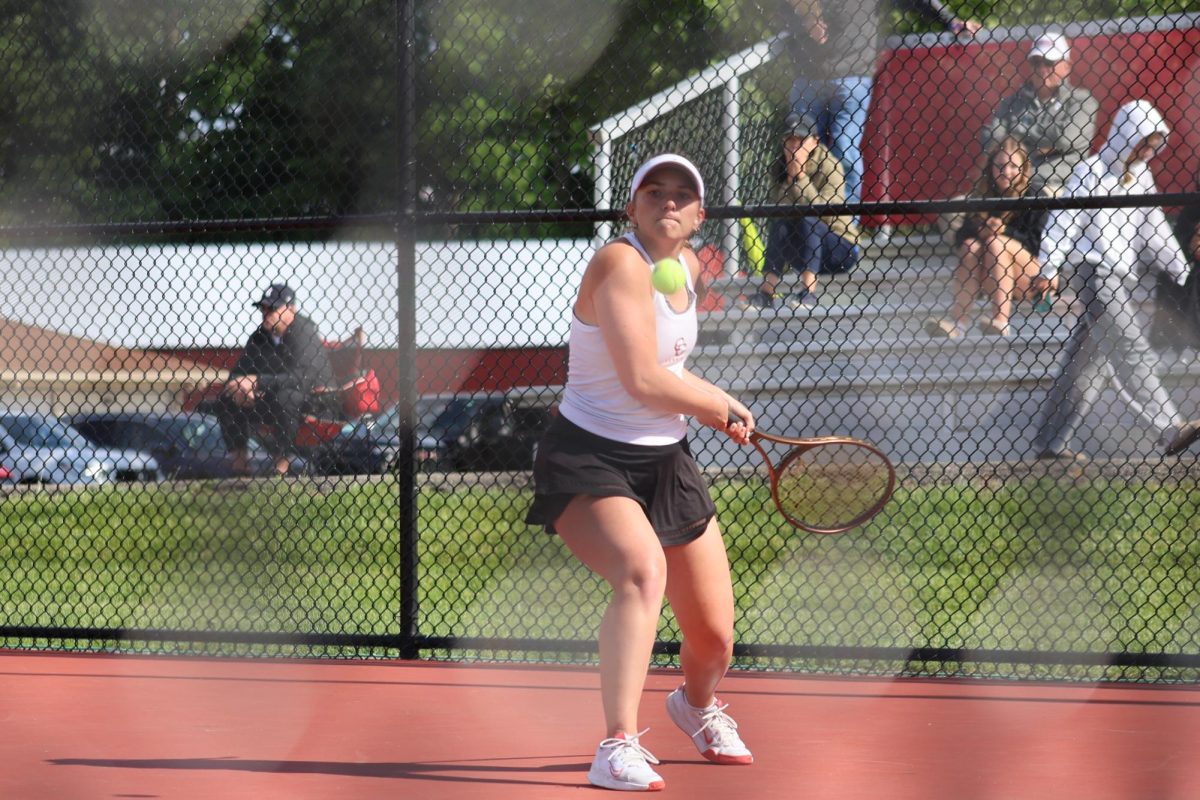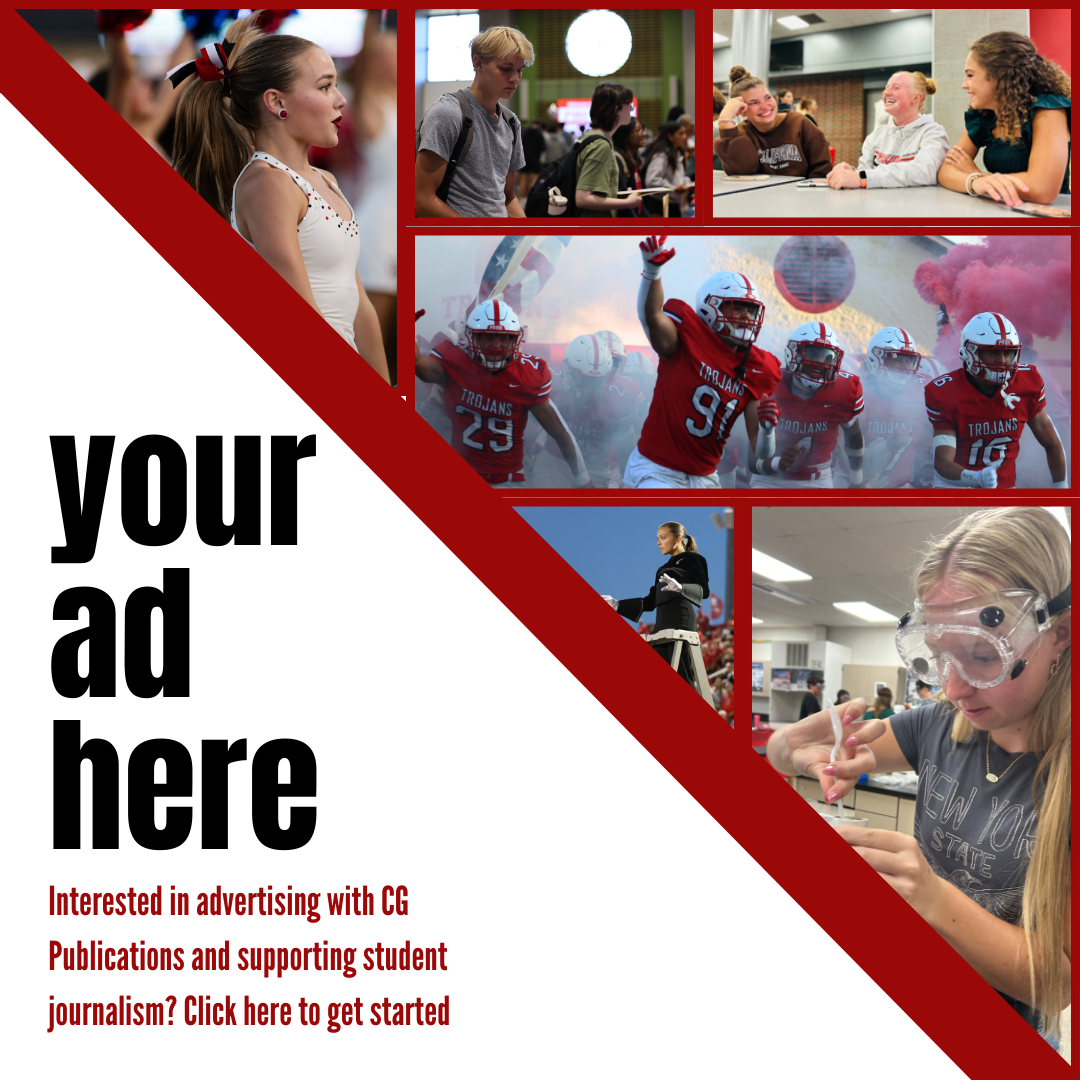Vaccination Apprehension
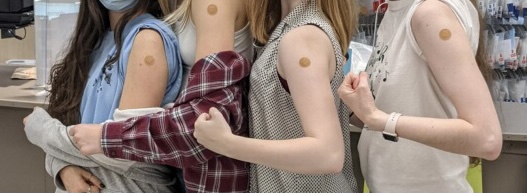
November 5, 2021
Vaccines are a controversial and complex issue. While getting a vaccine is treated like it’s everyone’s choice to make, there’s a group for which the choice isn’t theirs at all.
Some parents of students at CGHS have decided to not let their children be vaccinated, or even tested for the COVID-19 virus. For these people, the decision of others to get vaccinated isn’t just controversial, it’s life and death.
“Going to school every day, I know I’m at risk,” an anonymous student at Center Grove High School said. “I really want to keep myself and others safe, but… I was not even asked for my opinion or really given a choice.”
This student asked their parents for a vaccine as soon as their age group was able to get the shot, but they were met with apprehension and denial.
“I asked my parents to let me get the vaccine right when the news dropped. My parents wanted to wait and hear more information since it was so new. I was willing to wait a little while because I myself hadn’t researched the vaccine properly, but I assumed they meant a couple months at the most,” they said. “It has now been over eight months and I still haven’t gotten a dose.”
Pediatrician Dr. Kate McIntire hears lots of perspectives on vaccines from both parents and students.
“There seem to be two groups of people who refuse vaccines. The first are people who for whatever reason have decided that vaccines are dangerous and that natural immunity is better. I find that this group is not interested in discussion about the science, safety, or efficiency of vaccines,” McIntire said. “The second group are hesitant or resistant to a specific vaccine, usually because they have heard about someone having a side effect from a vaccine. This group is much more likely to be willing to discuss vaccine science and risk to benefit ratio with me.”
When parents do want to discuss risks and benefits, she has a simple response.
“I try to give the science of the vaccine, pointing out how well they have worked and how they have been proven safe through generations of children,” McIntire said. “I specially address concerns regarding the development of the COVID vaccine. I feel like the name Project Warp Speed may have unwittingly given the impression that the vaccine was a rush job. The actual part that was ‘rushed’ was the manufacturing of the millions of doses of the vaccine was done prior to FDA approval. If the vaccine had been shown not to work very well, then all those doses and money would have been wasted. No part of the studies, the testing or the research was rushed at all. Every step of the approval process normally followed was.”
For many students whose parents refused the vaccine, the response wasn’t expected. In fact, one student was shocked to find out their parents didn’t want to do what they knew was safest for them.
“When I asked for the vaccine, I was very disappointed by my parents’ responses,” the student said. “I thought that they would want to keep me healthy and safe. You see, when COVID first became a thing, me and a few other people got really, really sick. The doctors did every test they could think of and couldn’t figure out what was wrong with me. It was a miserable two weeks. When the coronavirus started to gain more media attention and cases started popping up, my parents put two and two together. That’s one of the main reasons I’m disappointed I can’t get the vaccine. They already believe I had COVID and was at risk, but they aren’t willing to let me try to prevent it from happening again.”
For this student, this is more than a political fight. The politics surrounding this issue have created an incredibly tense home life.
“I think biased media and politics definitely was a role that influenced my parents’ decision,” the student said. “Throughout the pandemic, one of my parents complained about how coronavirus was comparable to the flu and that the media was trying to convince us otherwise. The rise in cases was not given much thought at all.
“COVID quarantine and restrictions were considered deplorable at my household because they ‘infringed on the personal and constitutional rights of Americans’,” they said. “This sort of rhetoric has already been infused and enforced in the everyday conversation of my family, so I have been kind of isolated in my own household. This has definitely put a huge strain on the relationships in my family. Overall, my parents have disregarded and keep disregarding my opinion on keeping myself and others safe right now, deciding on what I want for my future without my input.”
To receive a vaccine, minors must have the permission of a parent or guardian. For students whose parents refuse to give them this, they are left feeling trapped, powerless and vulnerable.
“It makes me feel absolutely horrible to not be able to do anything. I feel ashamed when I go to school and people find out I’m not vaccinated. It gives people the idea that I willingly chose to forego something that will keep people safe and prevent me from endangering others. No one even remembers that as a minor I can’t get the vaccine without parent permission.”
It’s not just one or two cases of this. This issue has been politicized so much that some parents won’t let their children get tested for COVID if they are having symptoms of illness.
“[I had] been feeling sick, and in interest of erring on the side of caution and keeping others safe I wanted to be sure I wasn’t spreading something like COVID,” another student said. “The first day I was sick I told my mom I wanted a test and she said no because I couldn’t miss more school and there weren’t any appointments for today. I asked the next day, and she got very upset saying no was final and I just had a cold.”
This student has been vaccinated, but there has also been some tension between them and their parents about their conflicting political views on issues surrounding the pandemic.
“I think it’s only because it’s a left-leaning issue. She’s been vaccinated and wore her mask, but now she’s ‘tired of the pandemic’ and I think she’s upset that I’m still being safe, but she had very little reason behind it besides ‘it’s time to move on.’”
While there are a lot of strong opinions on vaccines, the truth is not a fine line between safe and dangerous. Some risks do come with this vaccine, just as with any other.
“The COVID vaccine, specifically, has a slight risk of inflammation of the heart muscle,” McIntire said. “This is called myocarditis and is a rare side effect of COVID vaccine. However, infection with COVID has been shown to have a much higher risk of myocarditis than does the vaccine. The vaccine related cases have all been mild and all patients have fully recovered.”
McIntire says the vaccine is not just a matter of self protection. With something as contagious and far-reaching as COVID, the consequences to others can be very serious.
“In the high school age group, risks of serious illness or death with COVID are small. However, anyone who is unvaccinated is a risk to family and friends. Getting vaccinated against COVID is not just for yourself, it is to stop the spread of the disease through our schools, our families, our communities, and our country. It is something that is important to do as a good neighbor and citizen since anyone at any age can have a severe course of illness,” McIntire said.
As for the student who couldn’t get vaccinated at all, they have a plea for everyone who is on the fence about getting vaccinated.
“If you have the option to get the vaccine, I beg you to get it,” they said. “Please choose to protect yourself and others around you. Be grateful that you even have the option. If you still decide on not getting it, try to wear your mask as often as possible to prevent an increase in cases.”



